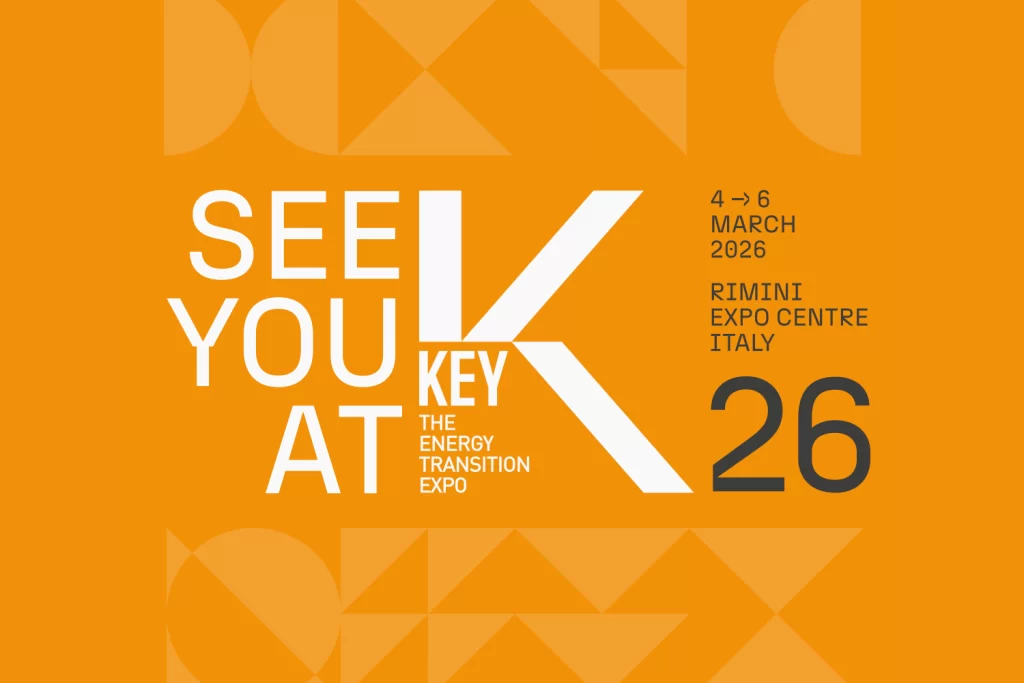SUMMARY
The importance of appointment management in the healthcare industry
Appointment management is a key element in ensuring that workflows within health care facilities remain efficient and patient needs are met in a timely and effective manner.
Careful scheduling of appointments maximizes resource utilization, both in terms of staff and infrastructure, reduces wait times, and improves the overall patient experience.
On the contrary, without proper appointment management, health care facilities are likely to experience overcrowding or underutilization of resources, leading to increased costs and patient dissatisfaction.
In practice, poor appointment management can lead to treatment delays, cancellations, and reassignments, compromising the quality of care provided and undermining patient confidence in the specific facility and, in a broader view, in the health care system.
Investing in effective solutions
Given all of this, investing in effective appointment management solutions is a crucial factor in ensuring efficient, accessible, and high-quality health care services for all patients.
It is in this context that theartificial intelligence presents itself as an innovative and promising solution for optimizing the appointment scheduling process and addressing the challenges that are currently constraints on the efficiency of the healthcare sector.
The role of artificial intelligence in appointment management
AI offers a variety of tools and techniques that can be used to optimize every step of appointment scheduling, from assigning available times to confirming reservations to reminding appointments.
One of the main applications of AI in theappointment management isprocess automation.
Using advanced algorithms and machine learning techniques, AI-based systems can analyze large amounts of historical appointment data, resource utilization patterns, and patient preferences to automatically generate optimal schedules and optimize resource allocation.
Optimizing the distribution of health care resources
Distribution of resources refers both to assigning the correct personnel to specific functions, avoiding double-booking and dead moments, and to planning the use of infrastructure and equipment.
Indeed, medical procedures and diagnostic machinery have different uptime and recommissioning times after each use; artificial intelligence can process this massive amount of data and optimize resource deployment accordingly, maximizing utilization and minimizing downtime.
AI in appointment management
AI can improve the accuracy and reliability of appointment management by reducing human error and increasing consistency in decision making.
This is because AI-based systems can analyze patient data, such as medical history and personal preferences, to ensureappropriate appointment assignment based on individual needs and clinical priorities.
AI can also dynamically monitor and adapt appointment schedules in real time in response to unforeseen changes, such as medical emergencies that change staff availability or treatment delays, providing greater flexibility and responsiveness in the scheduling process.
Personalized and interactive AI solutions
AI-based systems can integrate virtual assistance features and chatbots to provide patients with personalized information about their appointments, send automated reminders and confirmations, and answer frequently asked questions in a timely and efficient manner.
This not only improves communication and patient response, but also reduces the potential for error in preparation for an examination and the administrative workload for health care personnel, allowing them to focus more on clinical and care activities.
Practical applications of AI in appointment management
Applications of artificial intelligence in healthcare provide healthcare facilities with innovative solutions to meet the specific needs of caregivers and their patients.
Online booking
One of the most widely used applications is AI-based online booking systems, which allow patients to book appointments directly through digital platforms, without having to go through phone or in-person booking complexes.
These systems meet a twofold need: on the one hand, they allow them to disengage from staff office hours, allowing patients to Make a reservation at any time of the day and any day of the week without increasing costs to the facility as a result; on the other hand, they address an increasingly common tendency among the younger generation to prefer “do-it-yourself” to interaction with a stranger, whether in person or on the phone, especially on private and sensitive matters such as health.
The technologies use intelligent algorithms to analyze the availability of physicians and other healthcare professionals, taking into account factors such as specialty, location and patient preferences, to provide convenient and personalized appointment options.
Optimization of waiting lists
AI-based systems can use advanced algorithms and machine learning to analyze patient data and appointment information, identifying opportunities to optimize resource allocation and reduce wait times.
For healthcare facilities, this represents a major strategic advantage because it allows them to maximize the use of their resources, reduce costs, and ensure that patients receive timely and effective care.
Virtual Triage
AI-based virtual triage systems use intelligent algorithms to assess patients’ needs and priorities and assign them appointments based on the severity of their symptoms and the availability of health care resources.
By applying these technologies, health care facilities can reduce wait times for patients with urgent needs, ensuring that they receive immediate and appropriate care, while optimizing the use of resources for patients with less urgent needs.
Appointment confirmation and reminder
AI can also be employed to improve the efficiency and accuracy of appointment confirmation and patient reminders.
Systems can automatically send appointment confirmation messages to patients through digital channels such as SMS, email or mobile apps, minimizing the risk of cancellations or unannounced absences.
In addition to the simple reminder of appointment date and time, the AI can figure out which exam or treatment has been booked and provide additional reminders to the patient to help them better prepare. This is the case, for example, with examinations that require the patient to arrive on an empty stomach or the early discontinuation of certain medications.
INGO’s signature solutions for appointment management with AI
INGO has been providing customized solutions for operators in thehealthcare sector, meeting the needs of a changing industry with constantly evolving technologies.
AI Reception is the INGO solution that combines artificial intelligence and human assistance to provide healthcare facilities with a personalized and optimal approach to patient interactions, ensuring a new and more efficient experience.
AI reception and other solutions designed for the healthcare sector have brought a 30 percent increase in saturation of healthcare facility agendas, optimizing appointments and improving the efficiency of internal resource management.
Contact us
Find out more about our CX services
INGO, thanks to multichannel and technological innovations, is able to build specific projects for each company, following the process from the initial analysis phase to the implementation of integrated, scalable and modular omnichannel strategies. For over 20 years, Made in Italy at the service of the customer experience.
blog



